
The AIgorythm project

Playwright and actor
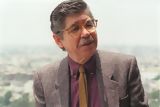
Novelist

Writer and poet

Volleyball player

Italian-Peruvian naturalist and geographer

Singer and percussionist

Last Inca emperor

Politician, former prime Minister

Journalist and TV host
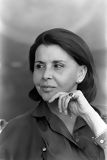
Poet

Inca warrior

Actor and comedian

Biophysicist

Poet

Doctor and researcher
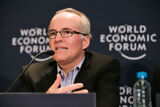
Businessman, Interbank group

Journalist and writer
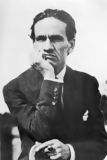
Poet and writer
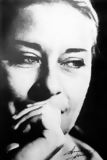
Singer and songwriter
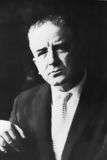
Writer

Film director, Berlin Golden Bear winner

Football player
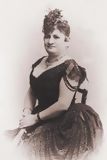
Writer and journalist
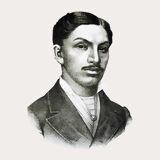
Doctor and scientist

Photograph

Chess player

Industrialist
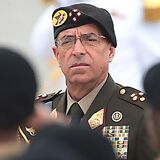
Former general

Specialist in public health

Actress and singer

Afro-Peruvian music singer

Mathematician and engineer

Indigenous chronicler

Neurologist and anthropologist

Painter

Football player
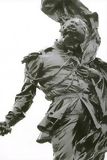
National hero, military leader

Intellectual and reformer

Chef and entrepreneur

Fashion designer

Singer-songwriter

TV presenter

Marathon runner

Indigenous Peruvian chronicler

Theologian

Former national team captain

Economist and former health minister

Inca princess

Writer and television host

Folk musician

Poet and guerrilla
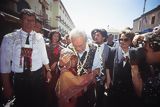
Former UN secretary-general

Chef, known for fusion cuisine

Football player

Peruvian aviation pioneer

Poet and artist
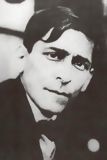
Marxist philosopher and writer

Industrialist and businessman
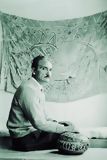
Novelist and ethnologist

Painter and muralist

Opera tenor

Fashion designer

Cardinal of Lima

Peruvian tennis player

Football coach

Leader of the indigenous rebellion
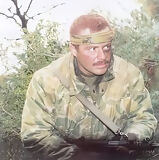
Military hero

Latin singer
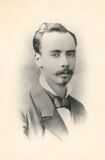
War of the Pacific hero

The youngest mother in history

Politician
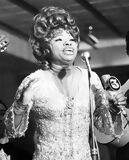
Creole music singer

Tennis player
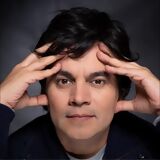
Musician

Writer and politician

Politician and founder of the Christian Democratic Party

Founder of Sodalitium Christianae Vitae

Archaeologist and anthropologist
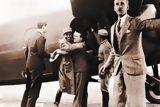
Military leader and politician

Television host
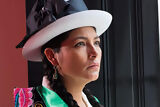
Actress and singer

Contemporary sculptor
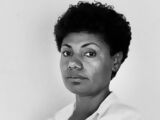
Women’s rights activist

Beauty queen

Astrophysicist

Heroine of independence

Mathematician and archaeologist

Historian and anthropologist
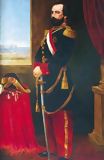
Military figure and historical figure

Fashion photographer
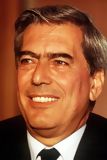
Writer, Nobel Prize in Literature, Politician

Revolutionary leader

Environmental activist

Leader of the indigenous rebellion

Musician from Gaia band
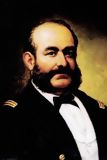
War hero
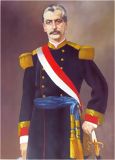
Military leader and politician

Chef, known for Nikkei cuisine

Volleyball coach and former player

Environmental activist

Television personality

Writer
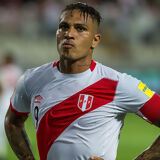
Football player

Epidemiologist and former health Minister

Inventor and aerospace pioneer

Soldier and inventor

Rock singer

Chef and co-owner of Central restaurant

Painter

Football player

TV presenter and actress
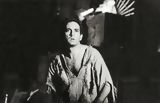
Actor
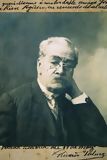
Writer and historian

Journalist and lawyer

Archaeologist, founder of Caral site
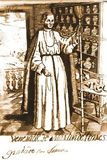
Monk and Saint
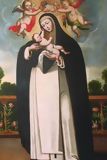
Saint, patron of Latin America

Physicist and engineer

World champion surfer

Actress

Oncologist

Singer, Latin Grammy winner

Former mayor of Lima

Singer

Actress

Former football player

Painter
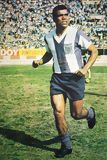
Former football player

Painter

Inca leader

Archbishop, saint
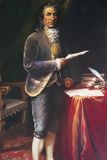
Leader of the indigenous rebellion

Revolutionary indigenous leader

Diplomat and intellectual

Sculptor and painter
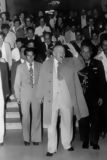
Political leader, founder of APRA

Lawyer and Former prime minister

Chef of Central restaurant
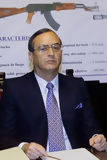
Former head of secret services

Popular singer

Fashion designer

Exotic music singer
Teófilo Cubillas grew up in a humble neighborhood of Lima, where football was an integral part of everyday life. From a young age, he displayed an exceptional talent for football, quickly catching the attention of local clubs. At just 16, Cubillas joined Alianza Lima, one of the most prestigious clubs in Peru. It was there that he began to build his legend, standing out for his technique, vision of the game, and his ability to score important goals.
In 1966, at the age of 17, Cubillas made his professional debut with Alianza Lima. From his first appearances, he impressed with his intelligence on the field and his maturity despite his youth. His versatility, playing both as a midfielder and forward, allowed him to quickly establish himself as one of the best young talents in Peruvian football.
In 1968, at just 19 years old, Cubillas made his debut with the Peruvian national team. At that time, Peruvian football was starting to gain prominence in South America, and Cubillas quickly emerged as the rising star of the team. His first major international tournament was the 1970 FIFA World Cup, held in Mexico.
The 1970 World Cup was a turning point in Cubillas' career. He played a crucial role in leading Peru to an impressive performance, reaching the quarterfinals. Cubillas scored five goals during the tournament, becoming one of the top scorers and drawing global attention. His performance helped Peru establish itself on the international football stage, and Cubillas quickly became a national icon.
After the 1970 World Cup, Teófilo Cubillas returned to Alianza Lima, where he continued to impress with his performances. With the club, he won several Peruvian league titles and became one of the most admired and respected players in the local championship. His ability to score spectacular goals and provide decisive assists made him a feared player by opposing defenses.
In addition to his domestic success, Cubillas helped Alianza Lima achieve notable performances in the Copa Libertadores, South America's most prestigious continental competition. His influence on Peruvian football continued to grow, and he quickly became a role model for young players aspiring to succeed in the world of football.
Cubillas' exceptional talent was not limited to Peruvian football. In 1973, he signed with FC Basel in Switzerland, where he played briefly before joining FC Porto in Portugal. With Porto, Cubillas continued to shine as a key figure in the midfield, drawing attention with his consistent performances and elegant style of play.
After his time in Europe, Cubillas moved to the North American Soccer League (NASL) in the United States, where he played for the Fort Lauderdale Strikers. In this new environment, Cubillas quickly adapted and displayed his immense talent. Despite fierce international competition, he left a lasting mark on North American football, being regarded as one of the best foreign players to have played in the NASL.
Although the 1970 World Cup was a key moment in Teófilo Cubillas' career, it was during the 1978 World Cup in Argentina that he reached the peak of his international career. At 29 years old, Cubillas led Peru to another remarkable performance, reaching the second stage of the tournament.
During this competition, Cubillas scored five goals, including a hat-trick against Scotland in a memorable group stage match. His stunning free kick against the Scottish team is remembered as one of the most beautiful goals in World Cup history. Cubillas became one of the few players to have scored five or more goals in two consecutive World Cups, a feat that highlights his immense talent.
Teófilo Cubillas retired from international football in 1982 after participating in his third World Cup, making him one of the few Peruvian players to have played in three editions of this prestigious tournament. With 26 goals in 81 appearances for the national team, he remains one of the top scorers in Peruvian football history.
Beyond his impressive statistics, Cubillas' legacy is also symbolized by his influence on Peruvian football. His playing style, both elegant and technical, inspired generations of Peruvian footballers. He is often compared to South American football legends such as Pelé and Diego Maradona for his impact on his country and the continent. Cubillas was also recognized internationally, being named among FIFA's 100 greatest players of all time in 2004.
After retiring as a player, Teófilo Cubillas remained active in the world of football as an ambassador and advisor. He played an important role in the development of football in Peru, working with young players and promoting initiatives to improve sports infrastructure in his home country.
As an ambassador for Peruvian football, Cubillas has often represented Peru at international events and has been a passionate advocate for the development of football in Latin America. He has also played a key role in the management of Alianza Lima, contributing to the improvement of youth training programs and strengthening the club's structure.
Teófilo Cubillas is undoubtedly one of the greatest footballers Peru has ever produced. His incredible talent, his ability to score decisive goals, and his charisma have left a permanent mark on Peruvian and South American football history. His career, filled with unforgettable moments, especially his World Cup performances, has earned him a place among the legends of world football.
Beyond his achievements on the field, Cubillas' legacy as a football ambassador and role model for new generations remains a shining example. His name will forever be etched in the annals of Peruvian sports, and he will continue to inspire future generations of footballers to dream big and proudly represent their country's colors.